About Us
Advertise With Us
RSS Feed | Content Syndication
Terms & Conditions
Privacy Policy
Contact Us
BollywoodShaadis.com © 2026, Red Hot Web Gems (I) Pvt Ltd, All Rights Reserved.

Yami Gautam and Emraan Hashmi's upcoming film, Haq has already been making noise across the country since its teaser. While fans and friends are lauding Yami and Emraan's acting, the discussion also centers on 'Shah Bano Begum', a simple woman who challenged her religious law and dragged her ex-husband to court over maintenance in 1985, when triple talaq was the ghost looming over Muslim marriages.
Shah Bano Begum was born in 1916 in Indore, Madhya Pradesh. She lived a simple life and got married to Mohammed Ahmad Khan, who was a respected lawyer of his time, in 1932. The two had five children and were married for fourteen years.
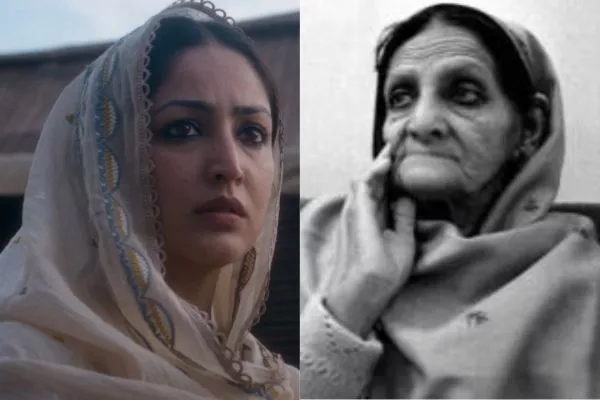
However, after fourteen years of marriage, Mohammed Ahmad Khan got married for the second time, which is permitted under Muslim personal law. The two wives lived together, but many years later, Mohammed Ahmad Khan decided to divorce her through an irrevocable triple talaq. He even stopped providing the small monthly allowance he had promised.
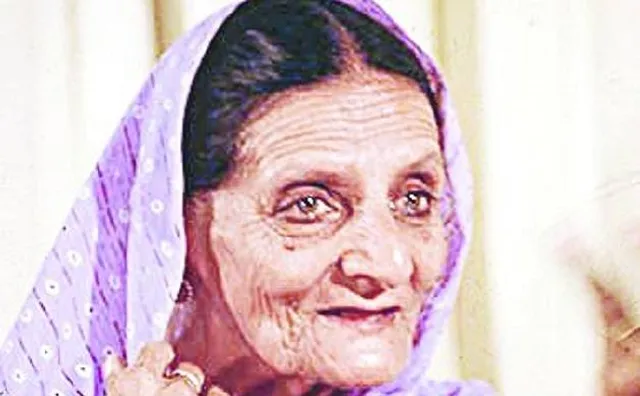
Shah Bano was left without financial support. Left with no choice, she decided to head to court and drag her ex-husband. In 1978, she filed a petition in the local court in Indore under Section 125 of the Criminal Procedure Code, which entitles a wife, regardless of any religion, to claim maintenance if she cannot support herself.

On the other hand, Mohammaed Ahmad Khan countered her by stating that under Islamic law, his obligation to provide her financially ended after the iddat period (90 days post-divorce), and he had already paid Rs. 5,400 as per religious rules. The two fought the case for seven years before it was presented in the Supreme Court of India.
Continue reading below
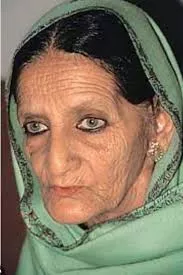
In April 1985, a five-judge bench headed by Chief Justice Y.V. Chandrachud gave a landmark verdict in favour of Shah Bano. They stated that Section 125 of the CrPC is applied to all citizens of India irrespective of religion, and that a divorced Muslim woman was entitled to maintenance if she could not support herself.
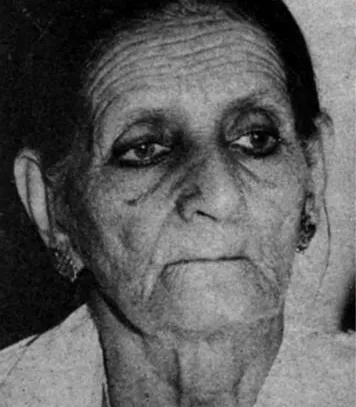
Not only this, the court cited the Quran itself, saying that it imposed a duty on Muslim husbands to provide for their divorced wives. The judgment gave justice and quality to women of all religions and clarified that there was no conflict between Section 125 and Muslim personal law.
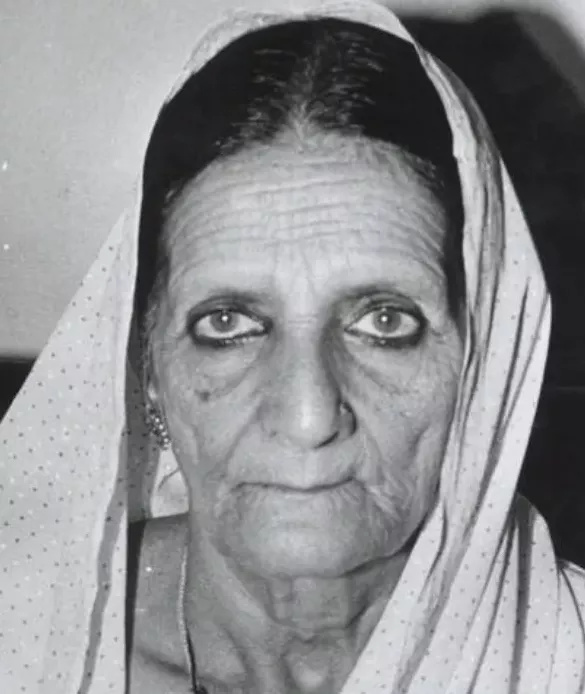
The judgment was hailed across India, but some called it an interference with religious law. To ease the protests and tense situation, under immense pressure, the Congress government passed the Muslim Women Act, 1986, which overturned the judgment. The new law limited a husband's maintenance to just the iddat period. Years later, in 2001, Shah Bano's lawyer, Danial Latifi, challenged the 1986 Act. The Supreme Court upheld the essence of its earlier ruling, holding that the husband's obligation must remain until the woman remarries.
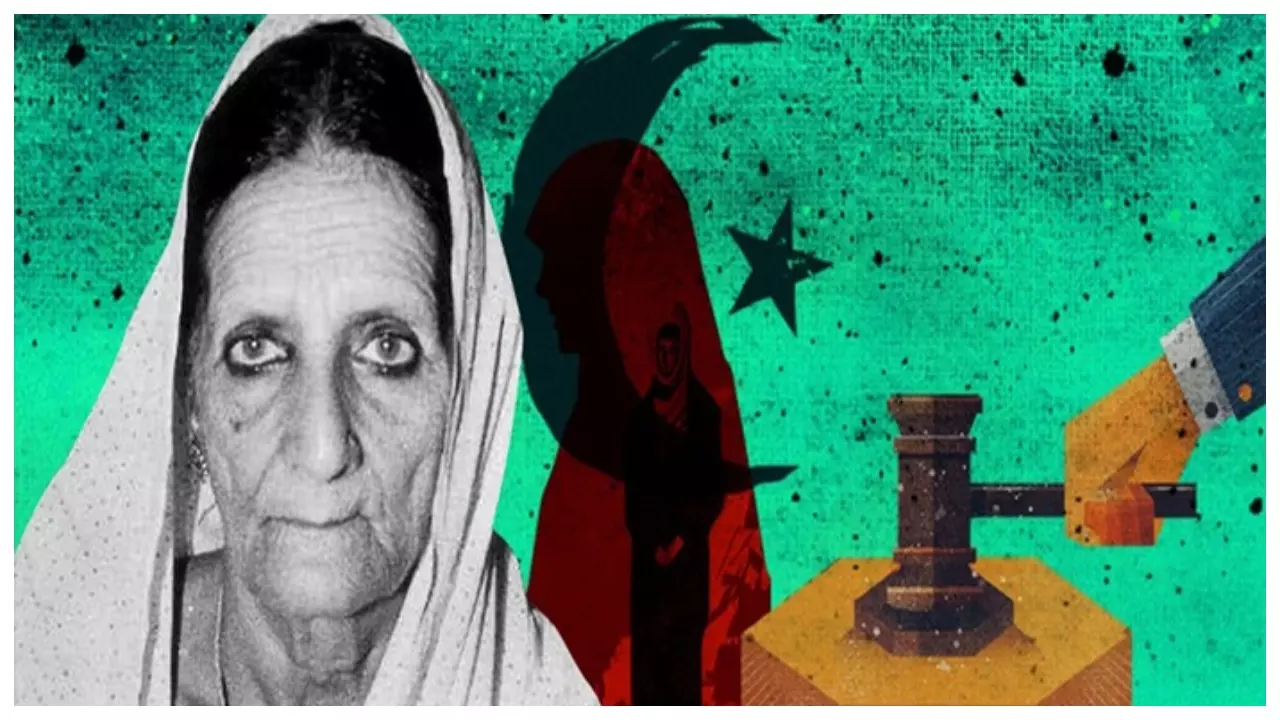
Emraan Hashmi and Yami Gautam's upcoming film, Haq will demonstrate the story of Shah Bano. The film will hit the theatres on November 7, 2025. The film shows the courage of Shah Bano and how she changed India's legal and social structure. The battle gave voice to Muslim women and gave them equality.

What do you think about Shah Bano's courageous story?
Next Read: Did Amitabh Bachchan Gift 10K As Diwali Bonus To His Staff? Internet Asks, 'Bas 10000??'
advertisement
advertisement
advertisement
